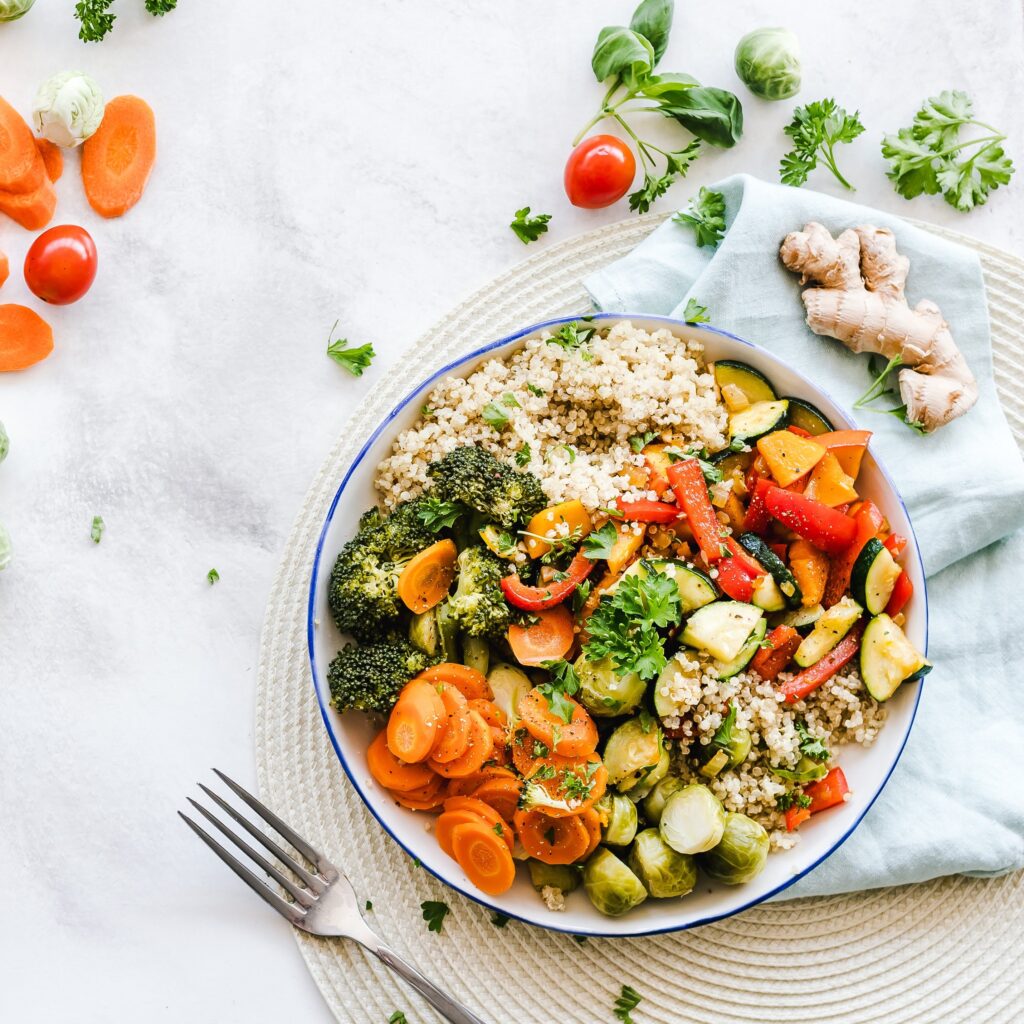Which foods can help depression?
First of all, depression affects millions of people; making it one of the leading mental health conditions worldwide. Oftentimes, depression is associated with feelings of hopelessness, worthlessness, and guilt. It’s known to negatively impact various aspects of a person’s life; like their personal relationships, their memory, and concentration, as well as their self-esteem and sense of self-worth. Depression can be extremely debilitating as it truly impacts a person’s daily living and quality of life.
Therefore, like many other illnesses, there isn’t one specific “cure” for depression. There are, however, many approaches to manage depression, including medication and/or psychotherapy. Also, it’s important to consider making lifestyle changes while treating any type of illness, including depression. Outside of the more traditional treatment approaches, more attention has been given to other areas like your diet.
Further, research suggests that a person may be suffering from nutritional imbalances which would make them more susceptible to depression. In saying that, there are certain types of foods that are linked to improving moods and your overall state of mind.
Good Mood Foods
- Anti-Oxidants: repairs damaged cells and prevent future cell damage. It also helps detoxify and rid our bodies of the “bad” stuff that can worsen a person’s depression.
- Try eating more:
- Greens; like broccoli, collards, and spinach;
- Berries; like blueberries and strawberries;
- Nuts and seeds.
- Try eating more:
- Anti-Oxidants: repairs damaged cells and prevent future cell damage. It also helps detoxify and rid our bodies of the “bad” stuff that can worsen a person’s depression.
- Try eating more:
- Greens; like broccoli, collards, and spinach;
- Berries; like blueberries and strawberries;
- Nuts and seeds.
- Try eating more:
- Omega 3 Fatty Acids: known as a natural anti-depressant because it supports brain function, boosts the immune system and restores the nutritional imbalances that can make a person more prone to depression.
- Try eating more:
- Fish; like salmon or tuna;
- Dark green, leafy vegetables; like spinach;
- Nuts and seeds; like walnuts and flaxseed.
- Try eating more:
- Protein-Rich Foods: known to boost alertness and energy which is especially important considering depression is often linked to affecting a person’s memory, concentration, and motivation.
- Try eating more:
- Turkey, chicken, or tuna;
- Beans and peas;
- Dairy or soy products; like milk, yoghurt, and tofu.
- Try eating more:
- Smart Carbs versus Sugary Carbs: associated with enhancing the brain chemicals that are often depleted during episodes of depression; like serotonin. It’s no surprise that a person may make poor food choices when suffering from depression due to cravings or lack of energy; like resorting to fast-food.
- Try eating more:
- Whole-grain breads;
- Fruits, veggies and legumes.
- Try eating more:
Above all, it’s important to remember that a key ingredient to overall recovery includes having a healthy, well-rounded diet. When we’re feeling unwell, whether due to a common cold or serious mental illness like depression, it’s important that we fuel our bodies with foods that are enriched with core nutrients and vitamins that our bodies may be lacking.
References
- Borchard, T. (2015). 10 foods that I eat every day to beat depression.
- Fobbester, D. et al. (2004). Depression. Food for the Brain.
- Goldberg, J. (2016). Depression and Diet. WebMD.
- Myers, W. (2015). 8 foods that fight depression. Everyday Health Media.


Pingback: 5 Tips to Improve Your Sleep Hygiene - HeadWay Clinic